Hot drinks 'linked to throat cancer', warns WHO
Beverages drunk at more than 65C can double the risk – but cancer is taken off the danger list
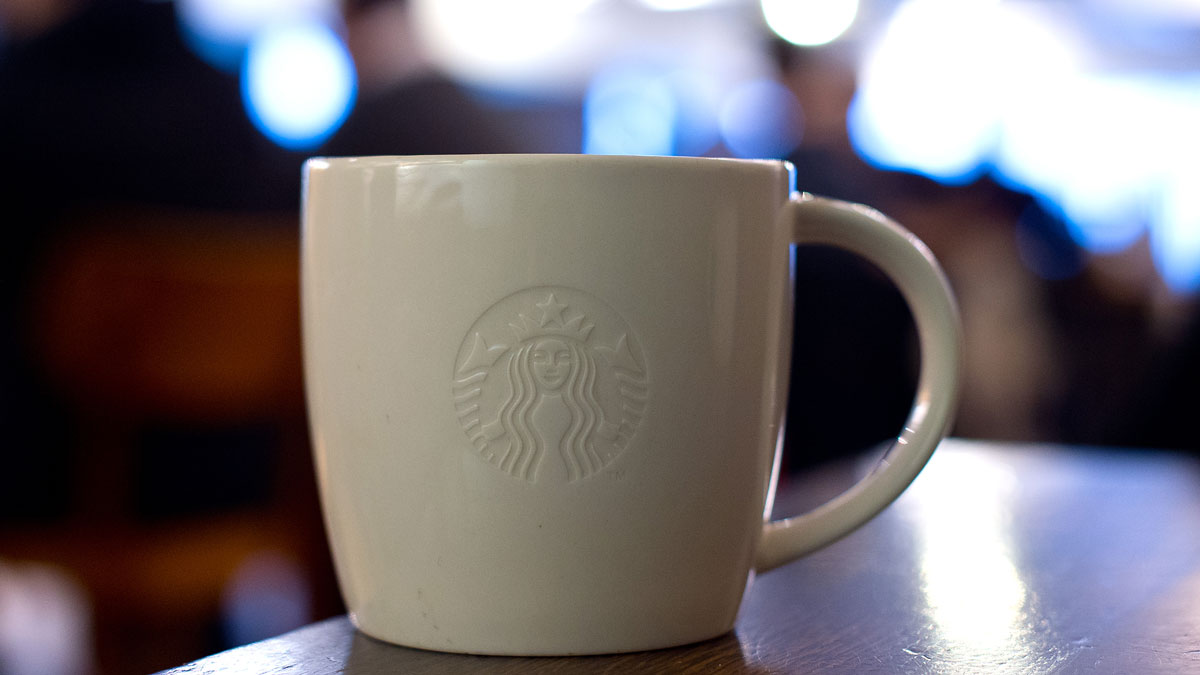
A free daily email with the biggest news stories of the day – and the best features from TheWeek.com
You are now subscribed
Your newsletter sign-up was successful
Drinking scalding hot drinks can "probably" lead to throat cancer, the World Health Organisation (WHO) has warned.
Researchers first proposed the idea in 2009, when the Daily Telegraph reported a study of almost 900 Australians that had found a link between throat cancer and very hot tea.
Drinking tea between 65C and 69C was associated with double the risk of developing cancer as at 65C or cooler. Habitually sipping tea hotter than 69C could increase the risk by as much as eightfold.
The Week
Escape your echo chamber. Get the facts behind the news, plus analysis from multiple perspectives.

Sign up for The Week's Free Newsletters
From our morning news briefing to a weekly Good News Newsletter, get the best of The Week delivered directly to your inbox.
From our morning news briefing to a weekly Good News Newsletter, get the best of The Week delivered directly to your inbox.
Now the WHO's cancer agency has reviewed more than 1,000 similar studies, says The Times, and is advising drinkers of all hot beverages to wait a few minutes for it to cool, in order to reduce the risk.
"[New figures] suggest drinking very hot beverages is one probable cause of oesophageal cancer," Christopher Wild, the director of the International Agency for Research on Cancer (IARC), said.
He added that it was the "temperature, rather than the drinks themselves" that appeared to be responsible for the increased risk. IARC suggested temperatures of 65C or less are safe.
An IARC statement said: "Studies in places such as China, Iran, Turkey and South America, where tea or mate is traditionally drunk very hot (at about 70C), found the risk of oesophageal cancer increased with the temperature at which the beverage was drunk.
A free daily email with the biggest news stories of the day – and the best features from TheWeek.com
"Drinking very hot beverages at above 65C was classified as 'probably' carcinogenic to humans (Group 2A)."
At the same time, IARC announced that it was reversing a 1991 decision to class coffee as causing bladder cancer, saying the link was probably due to the association of smoking with drinking coffee.
In fact, the agency says the drink could help protect people from certain types of cancer, including womb and liver. Coffee has been moved from Group 2B, meaning it is "possibly" carcinogenic, to Group 3, meaning there is no evidence of a link to cancer, says the Daily Mail.
-
 What is the endgame in the DHS shutdown?
What is the endgame in the DHS shutdown?Today’s Big Question Democrats want to rein in ICE’s immigration crackdown
-
 ‘Poor time management isn’t just an inconvenience’
‘Poor time management isn’t just an inconvenience’Instant Opinion Opinion, comment and editorials of the day
-
 Bad Bunny’s Super Bowl: A win for unity
Bad Bunny’s Super Bowl: A win for unityFeature The global superstar's halftime show was a celebration for everyone to enjoy
-
 The truth about vitamin supplements
The truth about vitamin supplementsThe Explainer UK industry worth £559 million but scientific evidence of health benefits is ‘complicated’
-
 Covid-19 mRNA vaccines could help fight cancer
Covid-19 mRNA vaccines could help fight cancerUnder the radar They boost the immune system
-
 Deadly fungus tied to a pharaoh's tomb may help fight cancer
Deadly fungus tied to a pharaoh's tomb may help fight cancerUnder the radar A once fearsome curse could be a blessing
-
 'Poo pills' and the war on superbugs
'Poo pills' and the war on superbugsThe Explainer Antimicrobial resistance is causing millions of deaths. Could a faeces-filled pill change all that?
-
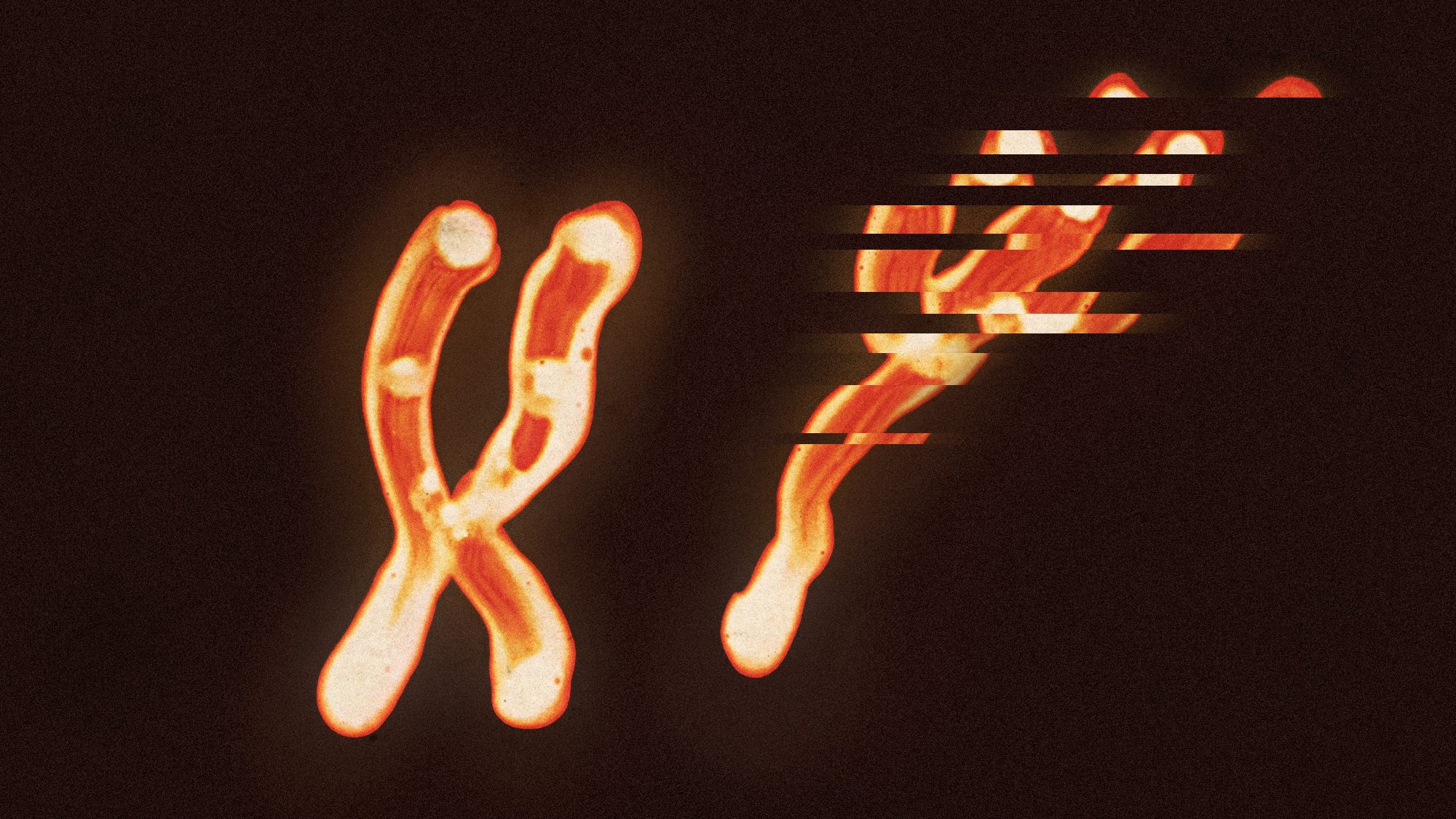 The Y chromosome degrades over time. And men's health is paying for it
The Y chromosome degrades over time. And men's health is paying for itUnder the radar The chromosome loss is linked to cancer and Alzheimer's
-
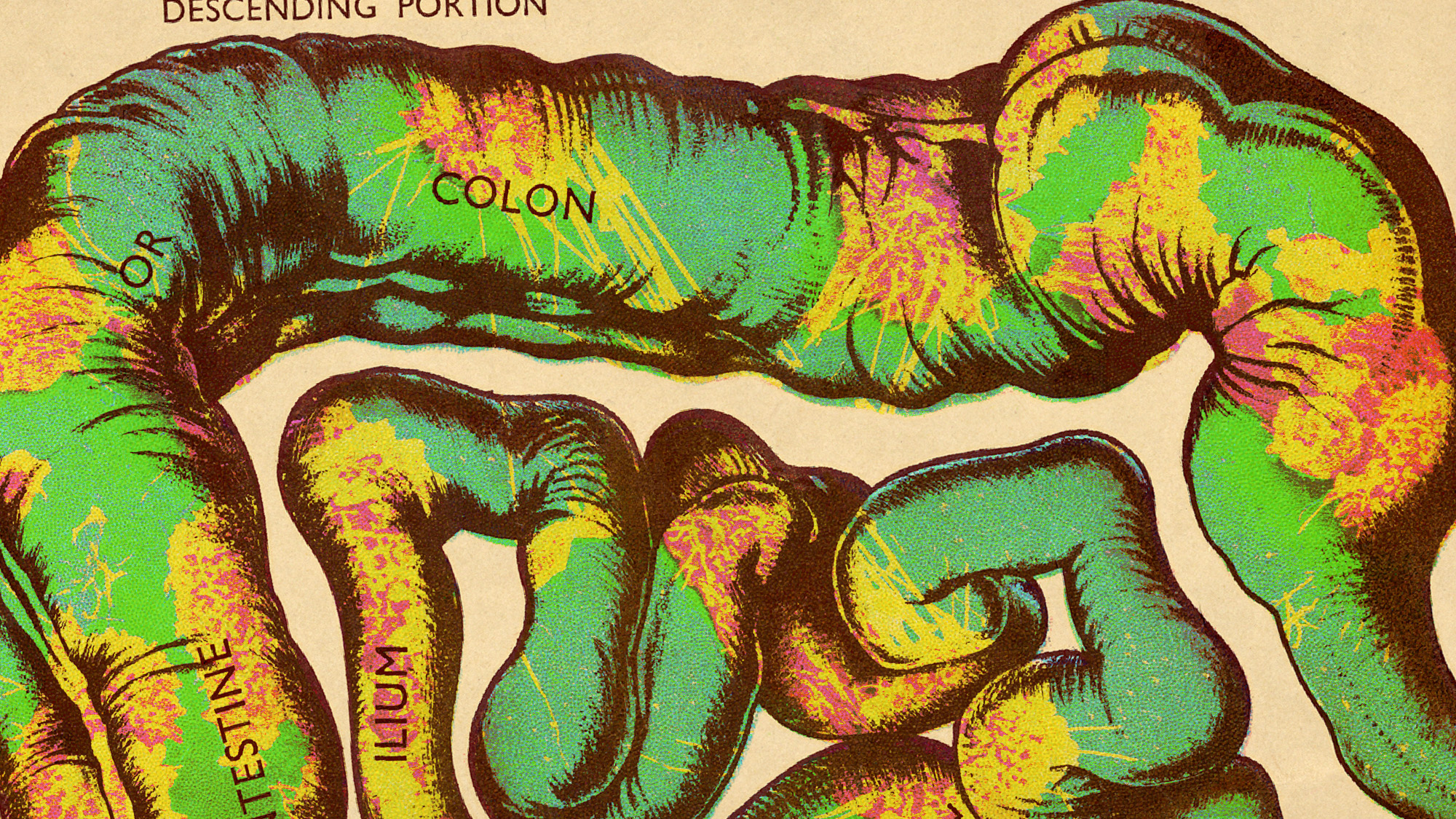 A bacterial toxin could be contributing to the colorectal cancer rise in young people
A bacterial toxin could be contributing to the colorectal cancer rise in young peopleUnder the radar Most exposure occurs in childhood
-
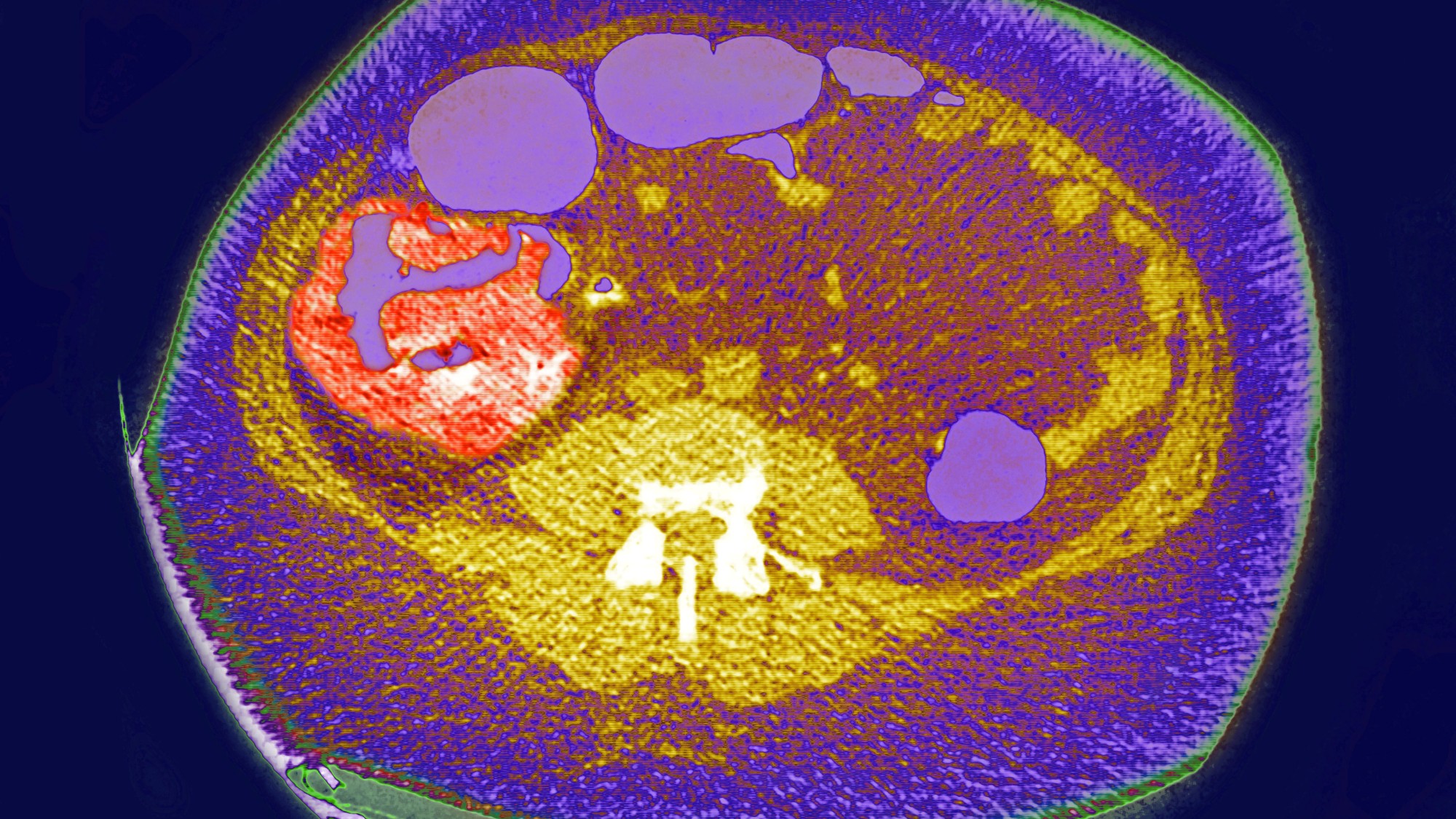 Why are more young people getting bowel cancer?
Why are more young people getting bowel cancer?The Explainer Alarming rise in bowel-cancer diagnoses in under-50s is puzzling scientists
-
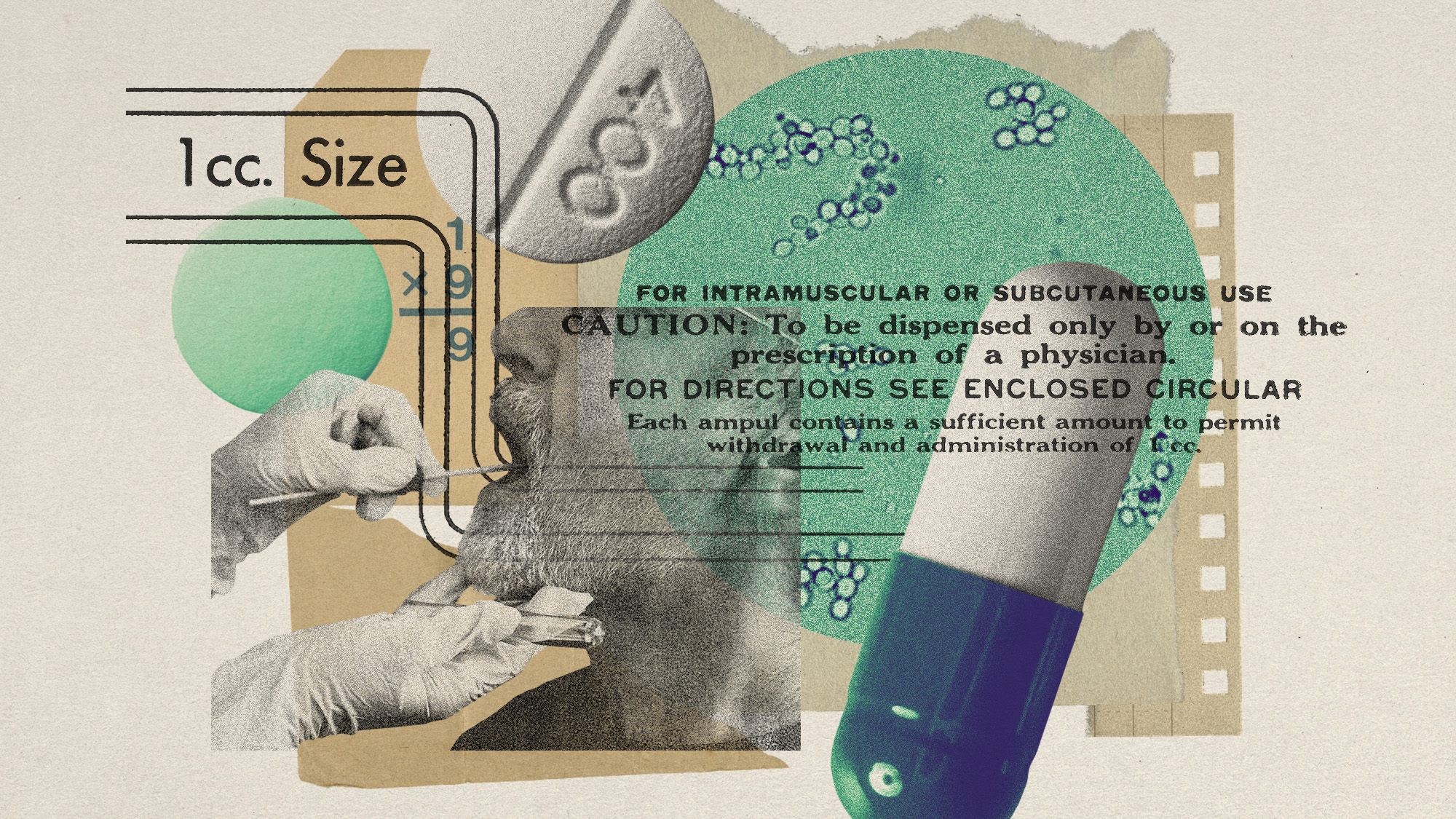 Five medical breakthroughs of 2024
Five medical breakthroughs of 2024The Explainer The year's new discoveries for health conditions that affect millions